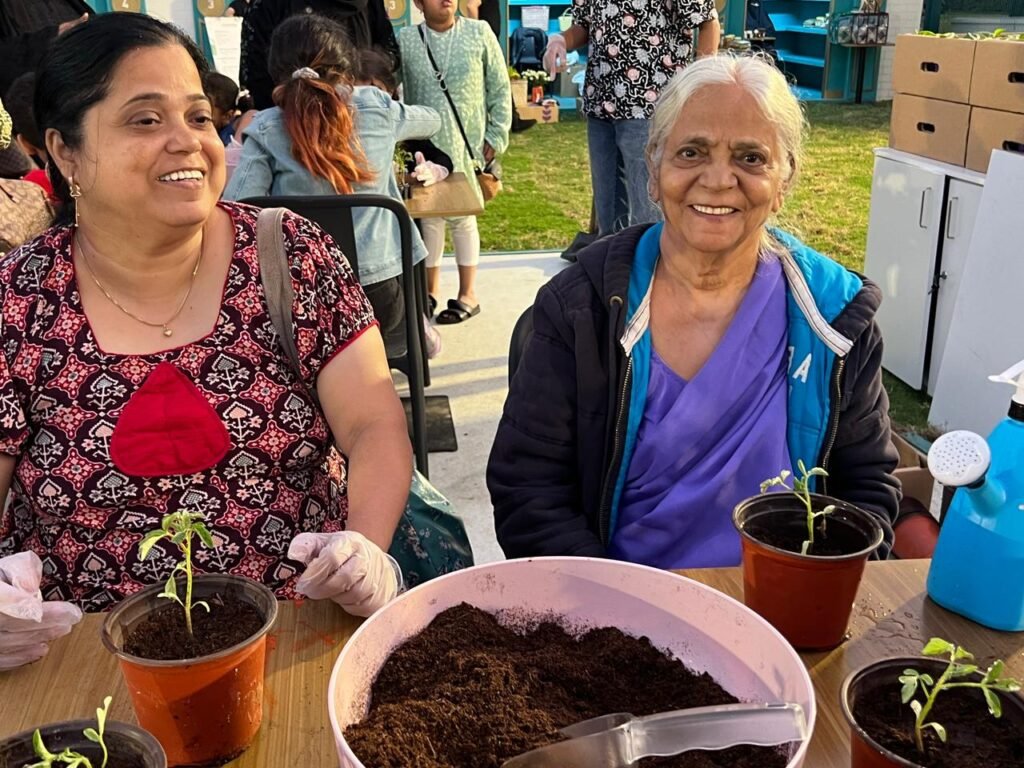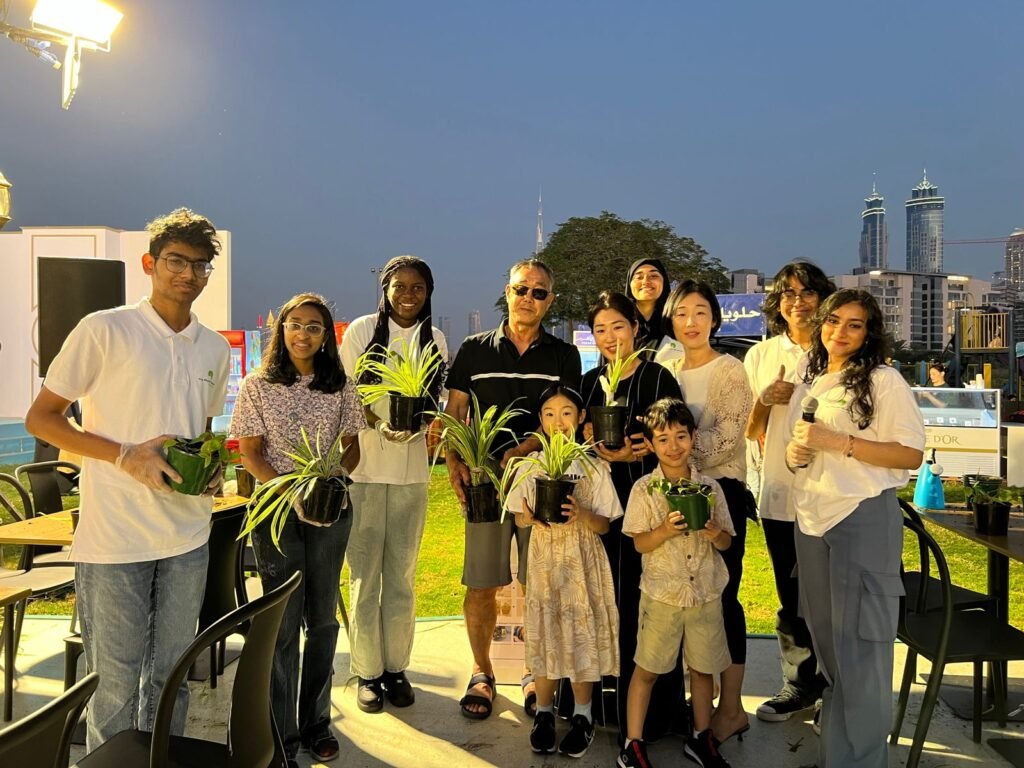Community Awareness Program
- Home
- Community Awareness Program
Community Awareness Program
A Farmer Works, So The World Can Eat!!!
A Farmer Works, So The World Can Eat!!! Chances are, you‘ve been hearing more and more people talk about the importance of knowing where your food comes from and how to grow your own food. That understanding can help you be more conscientious toward the environment, live more sustainably, avoid pesticides in your produce and save money on food. Farmers are pivotal in cultivating organic products, playing a vital role in fostering healthier ecosystems and providing consumers with nutritious, chemical-free options


They are the backbone of our food supply, cultivating crops and raising livestock to feed communities and nations.
Agriculture and farming are major contributors to the economy, providing jobs and income for millions of people worldwide.
Farmers are stewards of the land, managing natural resources, implementing sustainable practices, and preserving biodiversity for future generations.
Their work ensures a stable food supply, contributing to global food security and reducing dependency on imports.
Farmers often drive innovation, adopting new technologies and techniques to improve efficiency, productivity, and sustainability in agriculture.
They play a crucial role in the development of rural areas, providing livelihoods and contributing to the overall development of these regions.
Farming often carries cultural significance, preserving traditions and heritage passed down through generations.
Why Community Awareness program important ?
1. Connection with Nature
- Cultivating a vegetable garden fosters a direct connection with the natural world.
- It provides an opportunity to understand and appreciate the cycles of life, growth, and seasons.
2. Freshness and Flavor
- Homegrown produce offers unparalleled freshness and flavor.
- Harvesting vegetables at their peak ensures a taste experience that store-bought options often cannot match.
3. Sustainability
- Vegetable gardens contribute to sustainability by reducing the carbon footprint associated with transportation.
- Growing your own food minimizes the need for packaging and supports a more eco-friendly lifestyle.
4. Self-Sufficiency
- Creating and maintaining a vegetable garden empowers individuals to take charge of their food supply.
- It promotes a sense of self-sufficiency and independence in providing for one's nutritional needs.
5. Educational Value
- Gardening is an educational experience, teaching valuable skills such as planning, planting, and harvesting.
- It provides insights into the workings of ecosystems and the importance of biodiversity.
6. Therapeutic Benefits
- Tending to a garden serves as a therapeutic activity, reducing stress and promoting mental well-being.
- The act of nurturing plants and witnessing their growth can be a form of mindfulness.
- It creates a sense of accomplishment and pride in being able to provide for oneself and others.
7. Environmental Impact
- Vegetable gardens contribute to a healthier environment by promoting organic and pesticide-free cultivation.
- They support local biodiversity and create habitats for beneficial insects.
8. Cost-Effective
- Growing your own vegetables can be a cost-effective alternative to purchasing them regularly.
- It allows for the possibility of a continuous harvest, providing a return on the initial investment in seeds and soil.
9. Community Building
- Sharing the surplus from your garden with neighbors or participating in community gardening fosters a sense of camaraderie.
- It encourages a culture of sharing knowledge, seeds, and experiences.
10. Health Benefits
- Consuming homegrown, organic produce contributes to a healthier diet.
- It enables better control over the use of pesticides and fertilizers, promoting a more nutritious and chemical-free lifestyle.
11. Culinary Creativity
- A vegetable garden inspires culinary creativity by offering a variety of fresh ingredients.
- It encourages experimentation with different recipes and a deeper appreciation for diverse flavors.
12. Joy of Harvest
- The joy of harvesting your own vegetables, witnessing the fruits of your labor, is a deeply satisfying and rewarding experience



